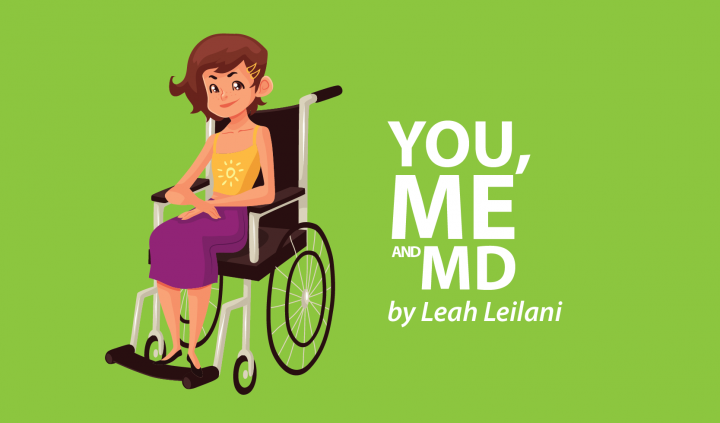Interacting with Kids Who’ve Never Been Around a Wheelchair
Written by |

People can be downright rude when it comes to being around someone who’s different to them. You don’t really have to be in a wheelchair to know that. I learned a long time ago that adults are usually more judgmental that children. Kids are more curious. Of course, they’re going to point and stare because they don’t know any better. Over the years I’ve learned a few tricks for interacting with kids if they’ve never before been around someone in a wheelchair.
I think the important thing to keep in mind when around kids when you’re in your wheelchair is the power of a smile and wave. It’s important to start off by letting them know that you’re just like everyone else. You’re not a scary moonwalker in a spaceship, as awesome as that sounds.
When a kid is near me, I fear when and how to tell them “no.” I feel like it’s not my place to tell them what to do or what not to do. That’s their parent’s job. Except when it comes to my wheelchair. That is mine, and nobody gets to control it but me. It’s critical for a child’s safety, as well as my own, that they know that my wheelchair isn’t a toy. In this situation, sharing is not caring.
Want to learn more about the latest research in Muscular Dystrophy News? Ask your questions in our research forum.
I’ve had a fascination with mermaids from a very young age. As a little girl, my favorite Disney princess was Ariel. To this day, at 21 years of age, I’m still obsessed with them. A few years ago, I watched a documentary about a girl who was born with her legs stuck together. She couldn’t walk due to her condition, but it gave me an idea. I hadn’t known how to answer a kid when they asked me why I needed my wheelchair. These days, I just say that I was born a mermaid. It’s simple and easy. Not once has a kid persisted in asking questions after that answer.
It’s important to teach children that not everybody looks the same but that we all deserve the same respectful treatment. What better way to learn that lesson than by those who are often treated like we are different?
Note: Muscular Dystrophy News is strictly a news and information website about the disease. It does not provide medical advice, diagnosis or treatment. This content is not intended to be a substitute for professional medical advice, diagnosis, or treatment. Always seek the advice of your physician or another qualified health provider with any questions you may have regarding a medical condition. Never disregard professional medical advice or delay in seeking it because of something you have read on this website. The opinions expressed in this column are not those of Muscular Dystrophy News or its parent company, Bionews Services, and are intended to spark discussion about issues pertaining to muscular dystrophy.







Leave a comment
Fill in the required fields to post. Your email address will not be published.